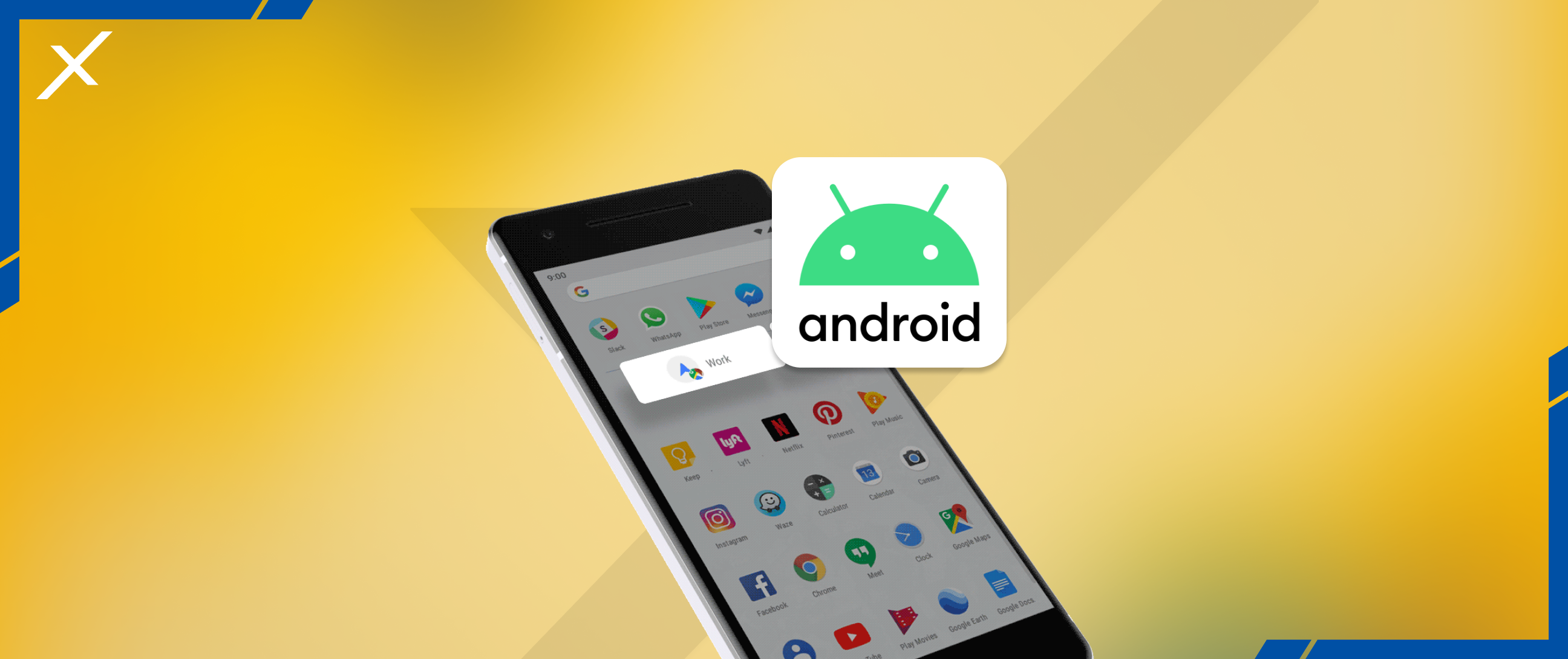
Android 9 and Above Restrictions for Spy Apps
In recent years, the proliferation of spy apps has voiced concern about breaches of privacy and ethical boundaries. These apps, often marketed as tools for parental control or employee monitoring, have faced increased inquiry due to their potential for misuse. With the release of Android 9 and subsequent versions, Google has implemented severe restrictions to safeguard user privacy and security.
This article explores the specific restrictions imposed by Android 9 and above on spy apps and their implications for both developers and users.
Background of Android Apps for Spying:
Spy apps, also known as monitoring software, have been a controversial subject in the realm of digital privacy. These apps are specifically made for parents to look after their kids and businesses to keep an eye on their employees. Phone monitoring apps help parents to discover their child’s online activities and presence on different websites. Such snooping software provides accurate information about where the child has gone and to whom he talked to. This helps parents to balance their child’s online and physical activities.
These apps have been exploited for unethical activities, including stalking and harassment. As a response to growing concerns, Google has taken steps to enhance user privacy and restrict the functionality of spying apps on its Android operating system. In addition, some features are also added in android devices to prevent misuse of spy apps.
Android 9 Security – Is It Better Than Before?
With time and advancement, different versions of devices are introduced. Android 9 and above devices are designed in such a way that gives them more security and safety. It introduces several security features which are discussed below:
1. Android Protected Confirmation:
Android-protected confirmation is given to support devices that run Android 9 or above devices. A prompt is shown to the user to approve a short statement. This statement allows the user to make a transaction.
2. Unified Biometric Authentication Dialog:
In Android 9, the device demands biometric verification in support of any app. This feature gives the user more confidence in being secure and safe. It may be in the form of fingerprints or face identification.
3. Secure Key Import into Keystore:
Android 9 can import encrypted keys securely using an encoded key format. The Keymaster then revises the Keystore. The content of keys then disappears from the device’s host memory.
4. Security Module:
Users with Android version 9 or above have a Strongbox Keymaster, an implementation of Keymaster HAL that is lodged in the hardware security module. The module contains secure storage, a random number generator, and an additional mechanism for unauthorized sideloading of apps.
5. APK Signature Scheme:
Android 9 and onward devices add support to the APK Signature Scheme. This has an option to add proof of rotation record for signing certificates.
6. Allow Key Description on the Unlocked Device:
Android 9 has introduced the unlockedDeviceRequired flag. This option helps in determining whether the Keystore needs the screen to be locked or not before the description of any stored data using the specified key. These keys are helpful in encrypting data to store on disk. The flag assures the users that data cannot be decrypted if the device is locked or lost.
Android 9 Restrictions on Spy Apps:
The release of Android 9 introduced several key features and restrictions that directly impact the operation of spying apps:
1. Background Activity Limitations:
Android 9 imposes strict limitations on background processes, reducing the ability of spying apps to operate secretly without user consent. This restriction prevents apps from continuously running in the background and accessing sensitive data without the user’s knowledge.
2. Permissions Overhaul:
Google updated the permissions system in Android 9 to give users more control over their data. The apps for spying Android are now required to request explicit permission to access certain features, such as call logs, messages, and location data.
3. Enhanced Security Measures:
Android 9 introduced enhanced security protocols, such as Transport Layer Security (TLS) encryption by default, to protect user data during transmission. This makes it more challenging for phone monitoring apps to spy on Android phone in order to intercept and collect sensitive information without detection.
4. Scoped Storage:
Android 9 implemented scoped storage, a feature that restricts app access to certain file directories, preventing unauthorized access to user’s data. Spying software may encounter limitations in accessing and storing files on the device, reducing their ability to surreptitiously gather information.
5. Restricted Device Identifiers:
Android 9 restricts access to device identifiers, such as International Mobile Equipment Identity (IMEI) and serial numbers, to enhance user privacy. Spy apps relying on these identifiers for tracking purposes may face challenges in accurately identifying and monitoring target devices.
Implications for Developers and Users:
The restrictions imposed by Android 9 and above have significant implications for both spy app developers and users:
- Developers must adapt their applications to comply with Google’s policies and limitations, which may involve redesigning functionalities and obtaining explicit user consent.
- Users considering the use of spy apps should be aware of the ethical considerations. Deploying these apps without consent may violate privacy laws and undermine trust in personal relationships.
Conclusion:
The restrictions implemented in Android 9 and above mark a significant step towards protecting user privacy and security in the digital age. While monitoring apps continue to exist, they face increasing hurdles and limitations that may prevent their effectiveness and legality.
As technology evolves, it has become crucial to prioritize ethical considerations and responsible use to ensure the advancement and deployment of monitoring tools that respect user privacy and rights. But we cannot deny that these restrictions have put parents into trouble. They use tracking apps to monitor their children. The only solution is to enhance additional features in spy apps that can operate in devices above Android 9.
